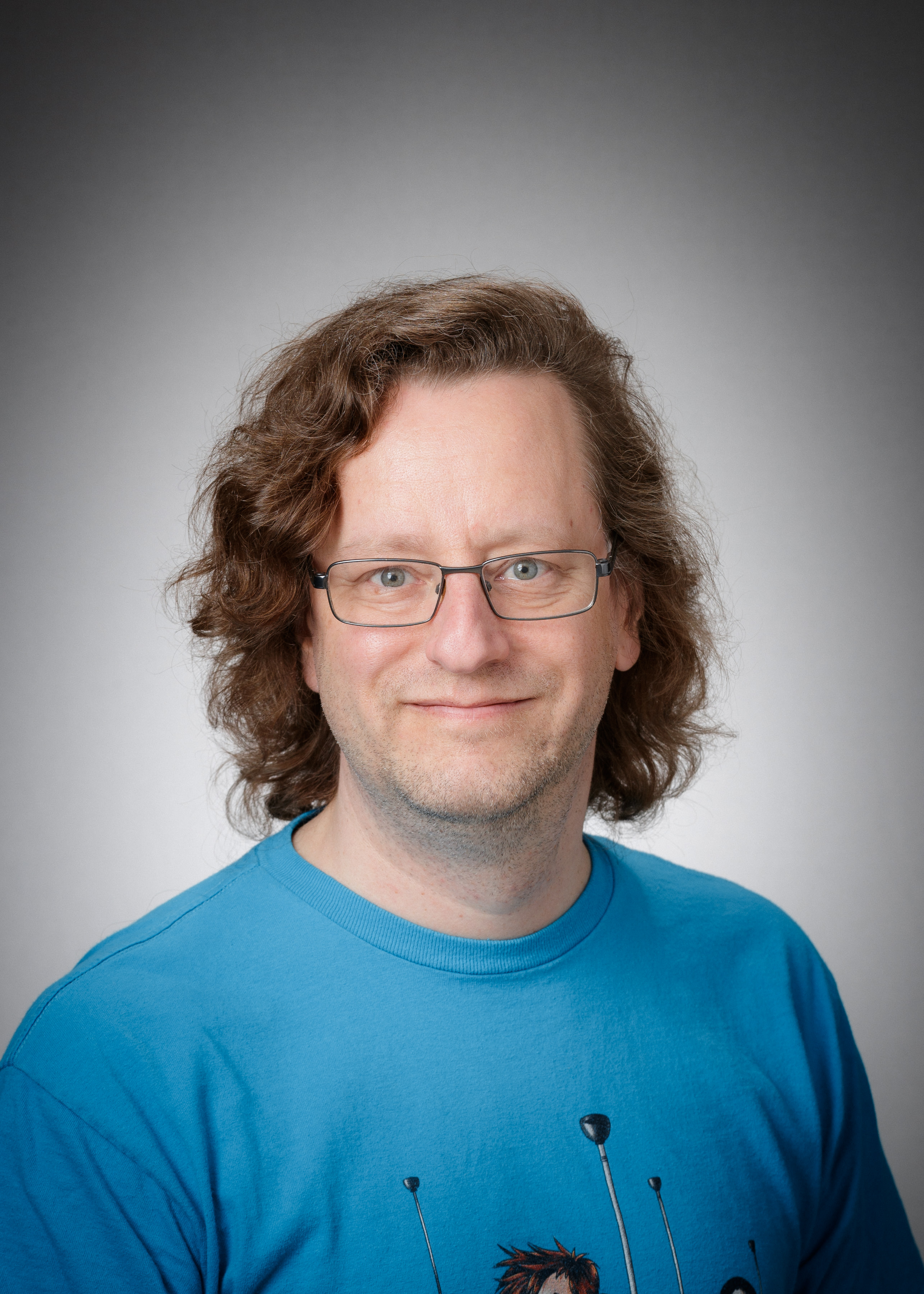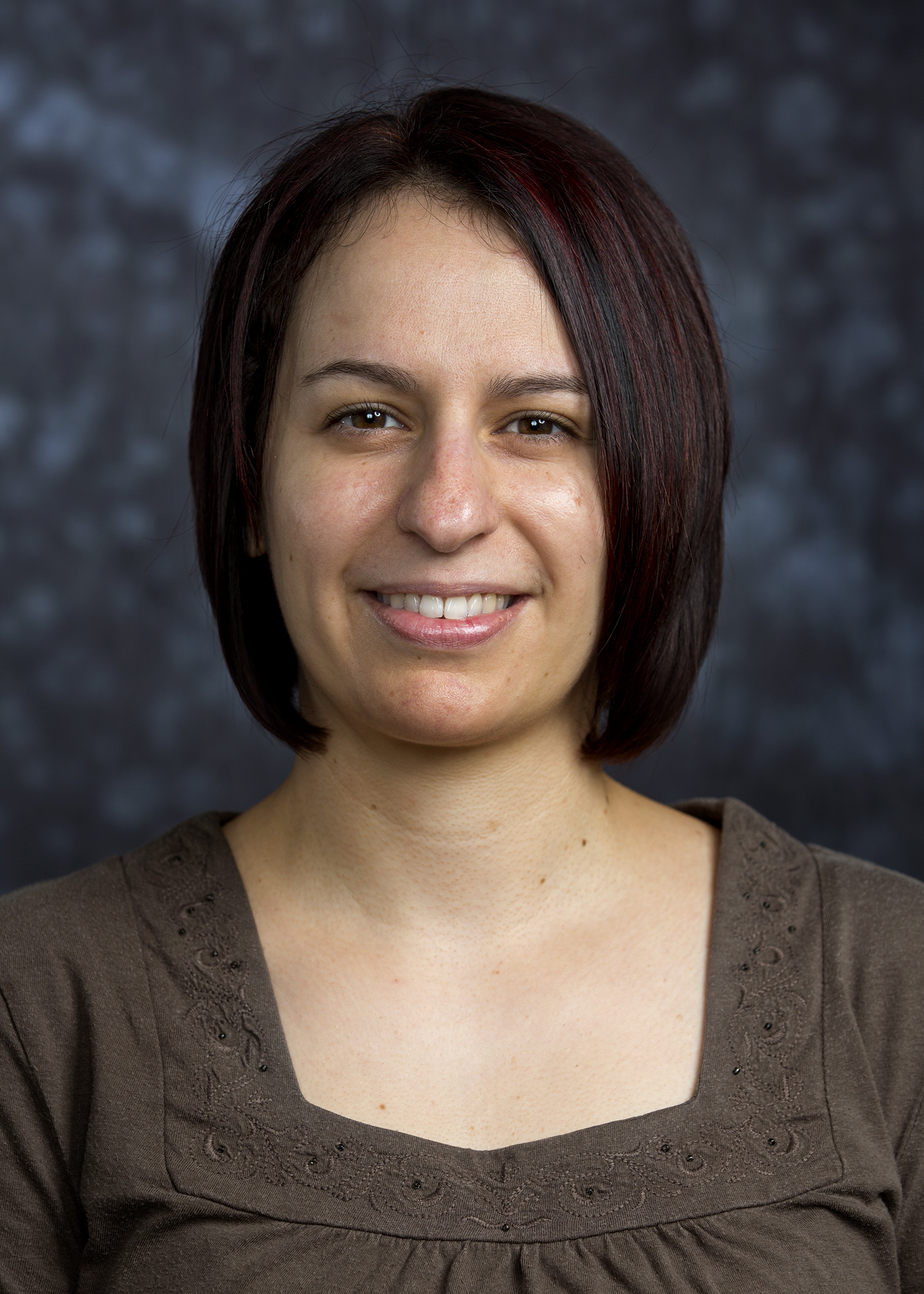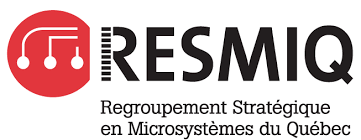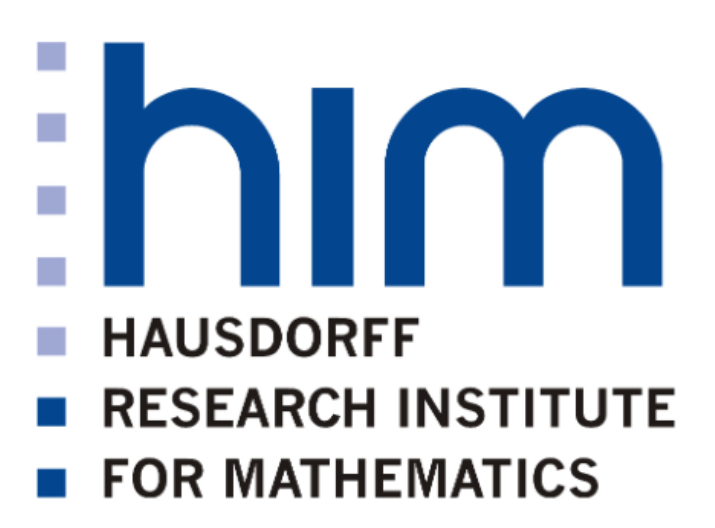CICM 2024 Invited Speakers
-
Jacques Carette, McMaster University, Canada
 Keynote
Learning from 'invisible mathematics'
Abstract
Keynote
Learning from 'invisible mathematics'
Abstract
Bauer calls 'invisible mathematics' for those aspects of mathematics which are readily apparent when doing them mechanically (especially, but not only, in proof assistants) but which are essentially invisible in traditional paper-math.
Here we look in depth at a number of example. The aim is not to formalize, implement or compute, but rather to observe the consequences of this ‘invisible mathematics’. For example some instances of 'invisible mathematics' readily reveal the cognitive load on learners of some (visible) mathematics. Rather than seeing parts of the 'de Bruijn factor' as an impediment, we instead regard it as a learning opportunity. By seeing what we’re forced to explicitly say to our computers to have them “understand” mathematics, we get a glimpse of what we’re implicitly asking our students to magically intuit.
Bio Jacques Carette got his B.Math. at the University of Waterloo, M.Sc. at the Université de Montréal and a Ph.D. from the Université de Paris-Sud. He worked in industry for several years, most notably for 11 years at Maplesoft Inc, before joining McMaster University in 2002. His research spans building mechanized mathematical systems, metaprogramming, obscure programming languages and, on occasion, game design. He enjoys cooking, billiards, programming and travelling.
-
Andrew Granville, Université de Montréal, Canada
 Keynote
When our computers become better at proving theorems than we are
Abstract
Keynote
When our computers become better at proving theorems than we are
AbstractWith the advent of useful AI, and the media-hype about AGI, we seem to be riding a wave of computer-generated excitement and opportunity in many walks of life, including mathematics and mathematical research. But when we look at what is really there, not exaggerate or denigrate the hype, what is left? What changes will happen to our community, and how will we handle those changes? Will our perspectives change, our training, and ultimately our professional lives? In this talk we explore what is, what probably will be and what may be, speculating historically, philosophically and mathematically.
Bio Andrew Granville is "Distinguished Researcher" of the Centre de Recherches mathematiques in Montréal, and has been a researcher chair at both University College London and the University of Georgia. He has about 200 papers in pure mathematics, primarily in number theory, but also in theoretical computer science, combinatorics, cryptography, harmonic analysis, arithmetic geometry and discrete geometry. He has also published several books including the mathematical comic book "Prime Suspects" (PU press, 2019). Recently he has been helping lead the discussion on the effect of AI on pure mathematics (for example, editing the April and July 2024 special issues of the Bulletin of the AMS), leading to interesting interactions with the AI and philosophy communities.
-
Jennifer Paulhus, Grinnell College, USA
 Keynote
LMFDB: the joys and challenges of developing a mathematical database
Abstract
Keynote
LMFDB: the joys and challenges of developing a mathematical database
Abstract The L-functions and modular forms database (LMFDB) is a massive database centered around mathematical objects from number theory and arithmetic geometry. A core goal of the project is to create a database that is easy to use and allows for exploration and discovery of connections between these objects. The talk will highlight successes and challenges we’ve encountered while trying to make a database that is easy for anyone to use, verifiably accurate, and complete enough for the hoped-for connections to be discovered. We will use the development of a new section in the LMFDB on abstract groups as a primary example.
Bio Jen Paulhus currently works in areas of math including automorphisms of Riemann surfaces, Jacobian varieties of curves and group theory, particularly computational aspects of these areas. She is a managing editor of a massive online mathematical database called the L-functions and modular forms database which, among other things, aims to represent objects from number theory in ways that allow for exploration and discovery of connections between these objects. After earning a PhD from the University of Illinois at Urbana-Champaign and a postdoc at Kansas State University, she joined the faculty at Grinnell College where she is a professor. She has also spent time at universities in Chile as a Fulbright Scholar. She is moving to Mount Holyoke College this summer. When she isn't thinking about math, she likes to lift heavy weights, bake desserts, and hang out with her cats (named after mathematicians, of course).
|










